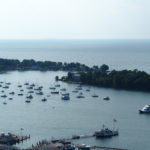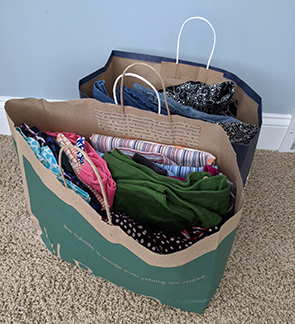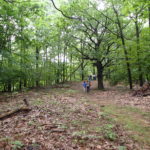BLM will prepare EIS on Twin Metals project
Twin Metals Minnesota announced it has received the U.S. Bureau of Land Management (BLM) Notice of Intent to scope and prepare an Environmental Impact Statement for the proposed copper-nickel-cobalt-platinum group metals mine in northeast Minnesota. Read the full story by The Ely Echo.
Great Lakes Commission
https://www.glc.org/dailynews/20200701-eis




